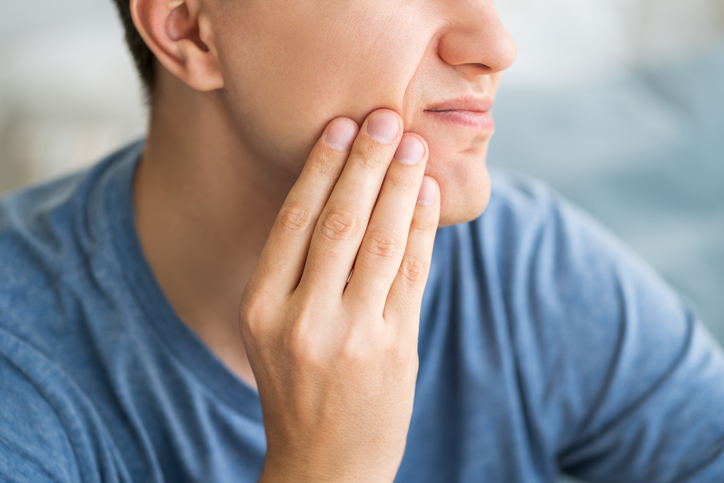Unmasking tooth sensitivity: triggers and solutions
As your trusted dental care partner, we understand that tooth sensitivity can be a real pain – quite literally! It’s a common dental concern that affects millions of people, causing discomfort and sometimes even pain while eating and drinking. In this blog, we’ll look at what causes tooth sensitivity and give tips on how to find relief.
Common Triggers of Tooth Sensitivity
- Hot and Cold Foods/Drinks: One of the most prevalent triggers of tooth sensitivity is the consumption of hot or cold foods and beverages. If you find yourself wincing at the thought of biting into an ice cream cone or sipping on hot coffee, your teeth might be trying to tell you something.
- Acidic Foods and Drinks: Acidic foods and drinks, like citrus fruits and sodas, can damage tooth enamel over time. Once the protective enamel compromises, it exposes the dentin layer underneath, leading to heightened sensitivity.
- Aggressive Brushing: Brushing your teeth is crucial for maintaining good oral health, but aggressive brushing can have adverse effects. Using a toothbrush with hard bristles or applying excessive pressure can wear down the enamel, contributing to sensitivity.
- Teeth Grinding (Bruxism): Teeth grinding, especially during sleep, can gradually wear down enamel and expose the sensitive dentin layer. If you wake up with jaw pain or notice signs of bruxism, such as flattened tooth surfaces, it’s essential to address the issue promptly.
- Gum Recession: When gums recede, they reveal tooth roots that lack enamel protection. This can result from factors such as gum disease or improper brushing techniques, leading to increased tooth sensitivity.
Finding Relief
- Switch to a Desensitizing Toothpaste: Desensitizing toothpaste is formulated to help alleviate tooth sensitivity. Look for products containing potassium nitrate or strontium chloride, as these ingredients can block nerve signals and reduce discomfort.
- Use a Soft-Bristled Toothbrush: Opt for a soft-bristled toothbrush to protect your enamel while maintaining proper oral hygiene. Gentle brushing techniques, using circular motions, can help prevent further enamel erosion.
- Limit Acidic Foods and Drinks: Minimize your consumption of acidic foods and beverages to preserve enamel. After eating acidic things, rinse your mouth with water and wait 30 minutes before brushing your teeth to prevent more harm.
- Address Bruxism: If teeth grinding is a concern, consult with your dentist about wearing a custom nightguard. This oral appliance can protect your teeth from the effects of bruxism and reduce sensitivity.
- Regular Dental Check-ups: Schedule regular dental check-ups to address any underlying issues contributing to tooth sensitivity. Your dentist can identify and treat problems such as cavities, gum disease, or enamel erosion.
Conclusion
Don’t let tooth sensitivity interfere with your daily life. To avoid pain and keep a healthy smile, learn what causes it and take action to prevent it. If you’re experiencing persistent tooth sensitivity, reach out to our North Carolina dental practice for personalized care and guidance. Your comfort and oral health are our top priorities!




